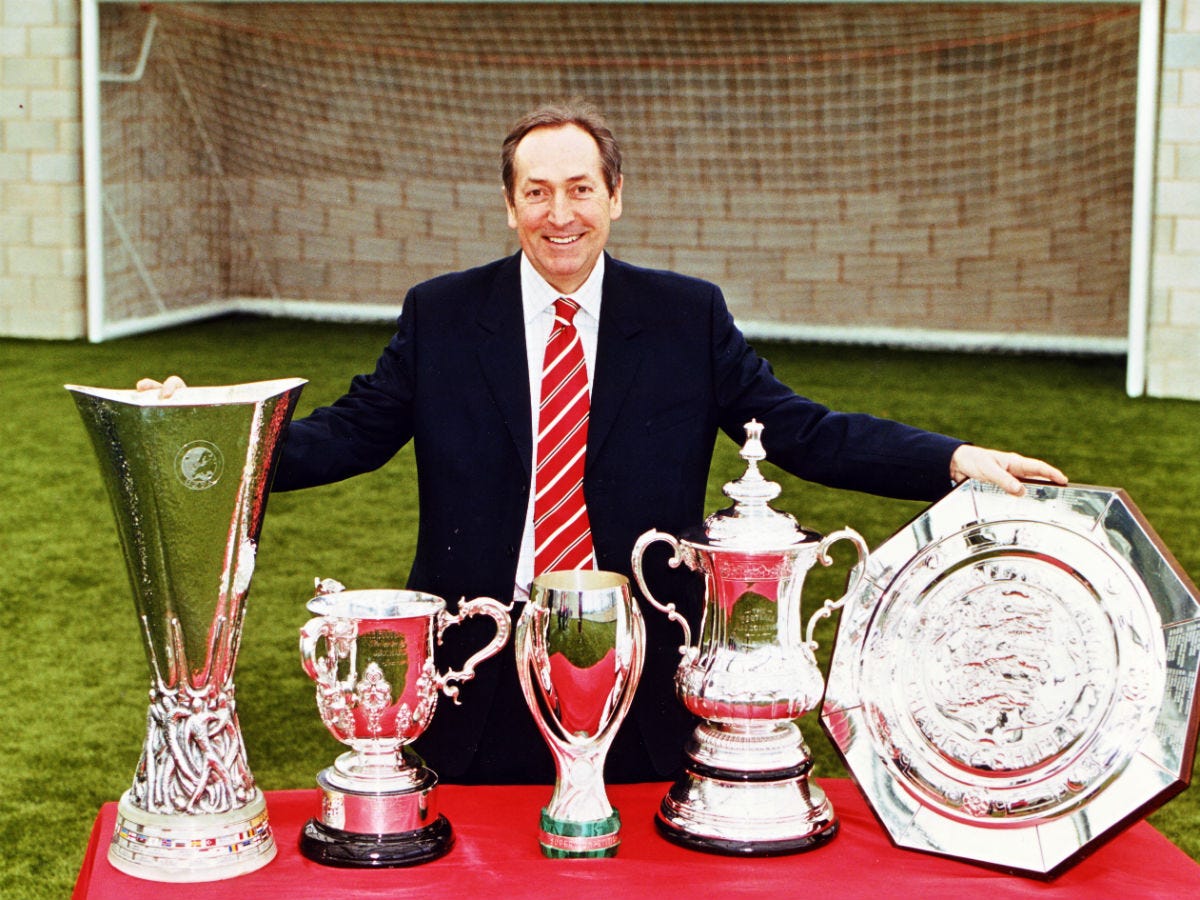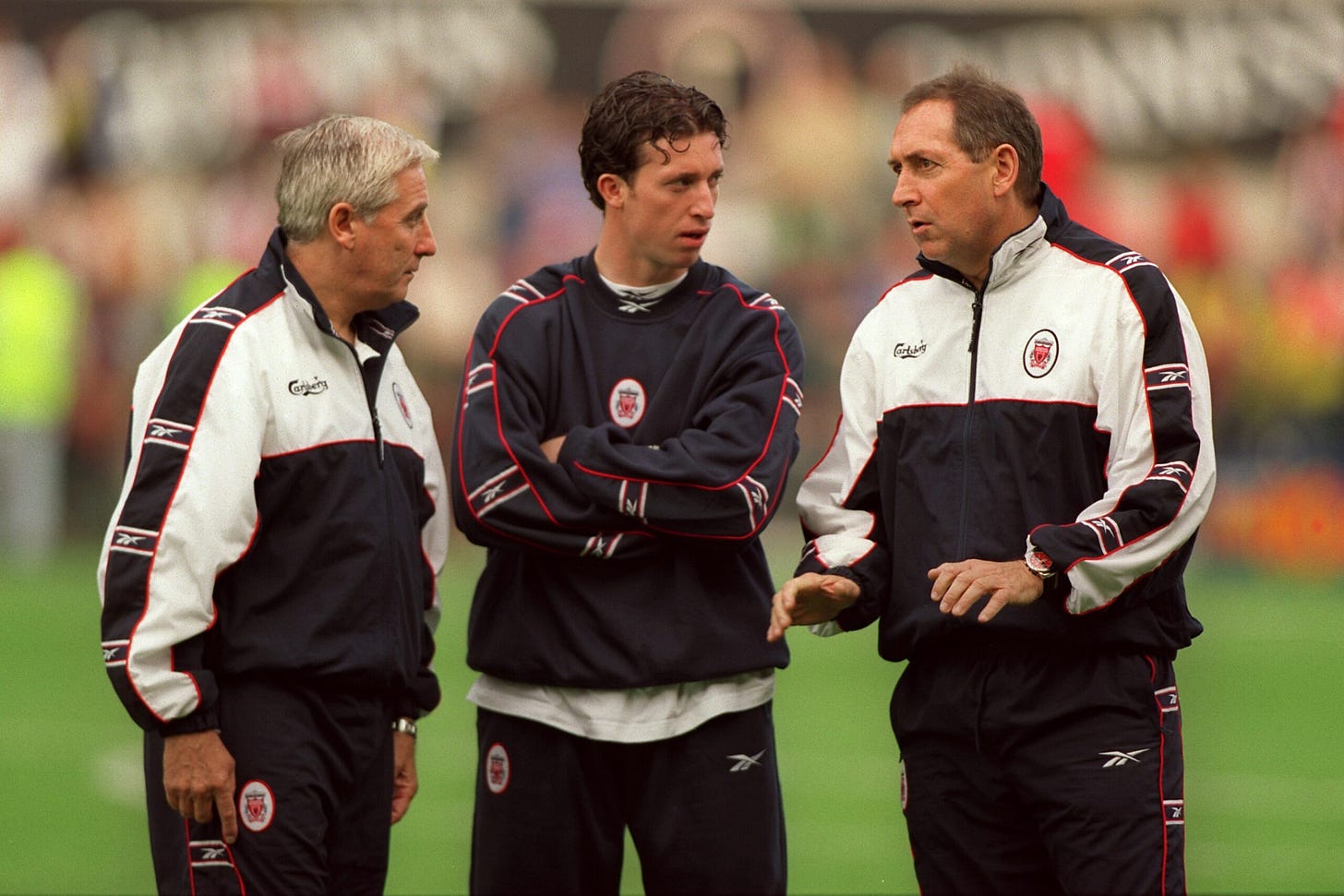Gérard Houllier: The Manager Who Gave His Heart to Rebuild Liverpool
The Quiet Revolutionary From France Who Rebuilt Liverpool
Rebuilding from Ruin
When Gérard Houllier arrived at Liverpool in 1998, the club was unravelling. The golden years of European dominance and domestic strength had faded, leaving a shell of what Liverpool once represented. Beneath the surface, standards had slipped, routines had become lax, and professionalism was a memory rather than a method.
This was a club still intoxicated by its past and blind to its present. The early Premier League years had exposed the gap between heritage and evolution. While clubs like Manchester United, Arsenal and even Leeds were pressing forward with modern management and forward-thinking structures, Liverpool remained in a holding pattern. Caught between nostalgia and denial, Anfield was aching for change.
Houllier stepped into that chaos with a clear sense of purpose. He was not there to romanticise the bootroom. He was there to break its outdated spell. The club did not need sentiment. It needed surgery.
The Awkward Experiment with Roy Evans
Before he was given full control, Gérard Houllier was forced into an uneasy joint-manager arrangement with Roy Evans. It was a flawed compromise from the start. Evans represented the old bootroom tradition, a man who had served Liverpool loyally but whose methods had become outdated in a rapidly modernising league.
Houllier arrived with a continental mindset and a plan that demanded full authority. The arrangement was doomed, not because either man lacked ability, but because they were pulling in different directions. Evans lasted just four months into the 1998–99 season before stepping aside.
That brief period was symbolic; it showed how deeply Liverpool was struggling to let go of their past and how badly they needed someone with the conviction to reshape the future. Once Houllier was finally handed full responsibility, the transformation began in earnest.
A Vision Beyond the Dugout
Houllier's revolution began with a philosophy. He viewed the football club holistically. It was not enough to improve tactics or sign a few players. The entire infrastructure of Liverpool needed rebuilding, culturally, medically, tactically and emotionally.




